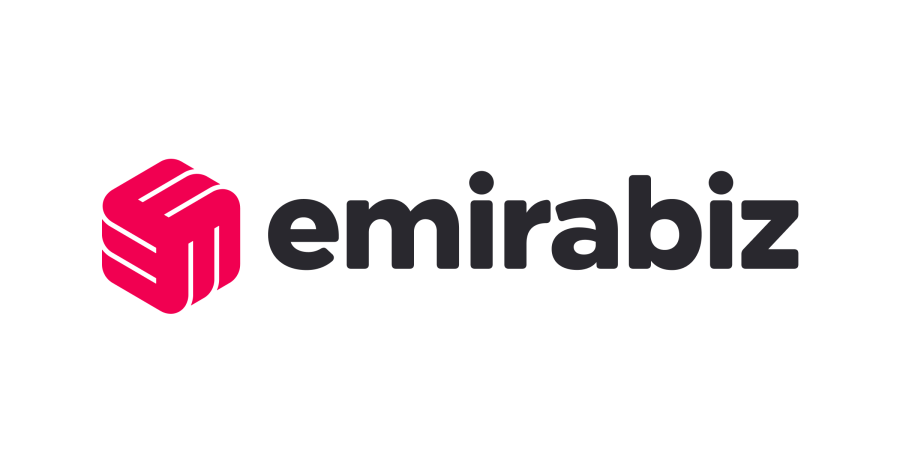Blockchain technology and cryptocurrencies have significantly influenced the global business landscape, enabling faster, more secure, and more efficient processes across various sectors. Solutions for crypto companies have become indispensable for companies looking to embrace the benefits of this technology. These services streamline integration, making it easier for businesses to adopt blockchain and cryptocurrency into their operations, and stay competitive in this digital era.
How Can Blockchain Be Used in Business?
Blockchain technology transforms business operations by offering transparent, decentralized, and tamper-proof systems. Various sectors, including fintech, e-commerce, supply chain, and gaming, have integrated blockchain to enhance efficiency, security, and trust.
The fintech industry has been one of the early adopters of blockchain. Blockchain facilitates secure and instant cross-border payments, reducing transaction costs by eliminating intermediaries. For example, Ripple, a blockchain-based payment solution, enables banks and payment providers to settle transactions in seconds, compared to traditional banking systems that take several days. Santander (USA), Canadian Imperial Bank of Commerce (Canada), and Bank of America are some of the examples of banks using Ripple technology.
E-commerce platforms benefit from blockchain by integrating cryptocurrency payments and enhancing transparency in supply chains. Shopify, for instance, enables merchants to accept cryptocurrency payments, expanding their customer base and simplifying global transactions. Moreover, blockchain provides real-time tracking of goods in supply chains, reducing fraud and delays. Companies like IBM Food Trust build their processes on blockchain to track the journey of food products from farms to consumers, ensuring quality and authenticity.
The gaming industry uses blockchain to offer unique digital assets, such as NFTs, and facilitate seamless in-game transactions. Platforms like Axie Infinity allow players to own and trade in-game assets securely, creating new revenue streams for gaming companies.
In real estate, blockchain simplifies property transactions by digitizing and automating processes. Smart contracts eliminate paperwork and reduce transaction times. Companies like Propy use blockchain to enable secure and efficient real estate purchases globally. These examples highlight how blockchain and business can converge to create innovative solutions that drive growth and efficiency.
Services for Crypto Companies That Ease the Integration of Crypto
Adopting cryptocurrency and blockchain into business operations requires specialized services to overcome technical and regulatory challenges. Solutions for crypto companies provide the necessary tools and support for seamless integration. Below are some of the key services:
- Cryptocurrency OTC platforms. Cryptocurrency over-the-counter trading facilitates large transactions with minimal market impact. OTC desks provide personalized services for companies, enabling them to buy or sell significant volumes of cryptocurrency securely and discreetly. This is particularly valuable for institutional investors and businesses operating with high-value transactions.
- Liquidity solutions. Liquidity is critical for businesses trading in cryptocurrencies. Services that provide liquidity enable companies to access a steady flow of assets, ensuring smooth operations in volatile markets. Market-making platforms help maintain stability by filling buy and sell orders efficiently.
- Crypto payment gateways. Payment gateways simplify the acceptance of cryptocurrencies for businesses, allowing them to cater to crypto-savvy customers. These gateways convert cryptocurrencies to fiat in real time, reducing the risk of price volatility.
- API integrations. Application Programming Interfaces allow businesses to integrate crypto functionalities into their existing platforms. APIs facilitate seamless operations, such as transaction processing, wallet management, and real-time market data access.
- Wallet solutions. Secure wallets are essential for storing and managing digital assets. Wallet solutions offer unique address generation and advanced encryption, ensuring the safe storage of cryptocurrencies.
- Regulatory compliance services. With stringent regulations governing cryptocurrency use, businesses need solutions to ensure compliance with global standards. These services provide tools for know-your-customer (KYC) and anti-money laundering (AML) compliance, protecting businesses from legal risks.
That way companies using cryptocurrency can efficiently integrate digital assets into their processes and stay competitive.
Why Use Crypto for Business?
Integrating crypto into business processes offers several advantages, from operational efficiency to access to a global customer base. Ignoring these innovations could lead to missed opportunities and diminished competitiveness.
Advantages of using crypto in business:
- Global accessibility — cryptocurrencies enable businesses to transact globally without relying on traditional banking systems. This is especially beneficial for e-commerce platforms targeting international customers.
- Reduced costs — blockchain eliminates intermediaries, reducing transaction fees. For example, cross-border payments via crypto are faster and cheaper compared to conventional banking methods.
- Increased security — blockchain's decentralized nature ensures that transactions are secure and tamper-proof. This builds trust with customers and reduces the risk of fraud.
- Financial innovation. Cryptocurrencies offer new revenue streams, such as staking and lending, allowing businesses to generate passive income from idle assets.
The integration of blockchain and cryptocurrency into business operations is no longer a luxury but a necessity for staying competitive. From streamlining payments in e-commerce to enhancing transparency in supply chains, the potential of blockchain is vast. Businesses that ignore cryptocurrency integration risk losing customers who prefer crypto payments for their speed and security. They may also fall behind competitors who use blockchain to optimize operations. Ignoring these trends could result in limited growth and reduced market relevance. By leveraging blockchain and business solutions, companies can future-proof their operations and meet the demands of a tech-savvy customer base.
With a wide range of solutions for cryptocurrency companies, businesses can overcome technical challenges while reaping the benefits of crypto adoption. Embracing these advancements will enhance operational efficiency and position businesses as leaders in the digital economy.









